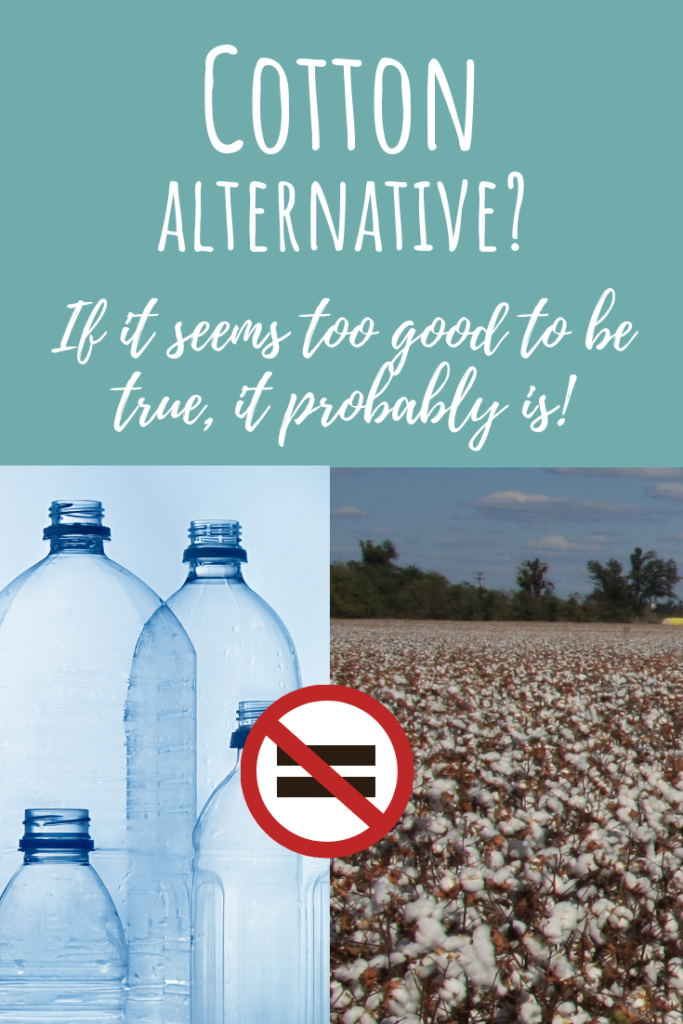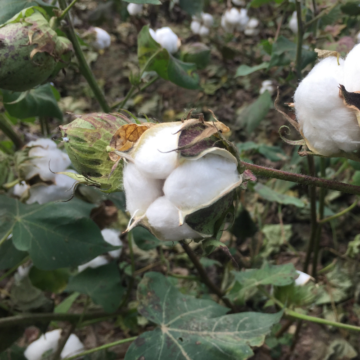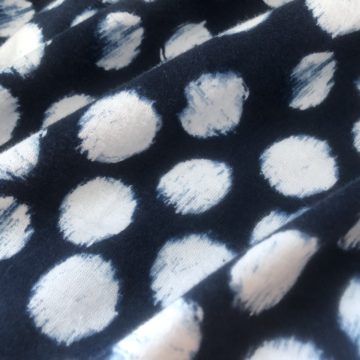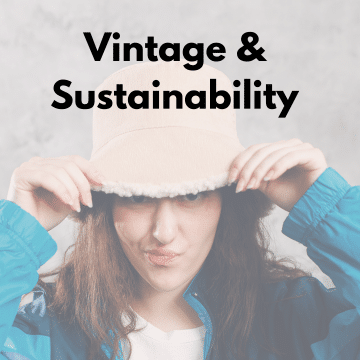 Does Egypt, once know for premium cotton, need to find a cotton alternative? That’s part of the concept behind an article and video recently produced by Living It. The article says drops in Egyptian cotton productivity is impacting textile mills. At the same time, there are lots of plastic drink bottles to be recycled. Perhaps the two things can work together. Creative thinking yields all sorts of things, but there are usually some complexities and the idea that recycled plastic bottles present us with a cotton alternative…. well, that definitely gives me pause. So let’s unpack this a bit.
Does Egypt, once know for premium cotton, need to find a cotton alternative? That’s part of the concept behind an article and video recently produced by Living It. The article says drops in Egyptian cotton productivity is impacting textile mills. At the same time, there are lots of plastic drink bottles to be recycled. Perhaps the two things can work together. Creative thinking yields all sorts of things, but there are usually some complexities and the idea that recycled plastic bottles present us with a cotton alternative…. well, that definitely gives me pause. So let’s unpack this a bit.
Egyptian Cotton Hurting
The realities are that the Egyptian cotton industry is indeed hurting. The article mentions the Arab Spring timing as a time when the difficulties grew. The global textile industry has been shifting for decades as has cotton production. We saw the same thing here in the US for a while. Area planted can shift with productivity and world prices.
Since Egypt has government controls in place, plant breeding is slower than other world areas. And when there are issues of hunger in the country/region, it would make sense that some area planted to cotton may move to other crops. The reduced cotton fiber locally could definitely provide a challenge to Egyptian mills. So looking at alternatives makes sense.
Recycling Rocks!
I definitely am supportive of recycling efforts and I try to be mindful about choices I make so I can reduce packaging, etc. While it seems incrdibly simple, the simple act of carrying a water bottle with me almost everywhere has enabled me to cut way back on plastic bottles. I like various ideas to reuse and recycle the pastics in use but it seems today that people are willing to assume recycling, or the circular economy can do anything and everything. On this one I say not so fast.
A recent article in Nature points out that just 6 percent of materials are recycled. Looking for more ways to use recycled goods and to encourage long life products and the ultimate recycling of them whenever possible. There is a place for plastic-based fiber but is it as an alternative to cotton? Not really.
Comparing Polyester to Cotton
The differences in natural fibers and synthetics are something we’ve discussed on Hundred Percent Cotton several times.
- Cotton is crazy comfortable in part because it is breathable! The comfort and breathability of cotton is something that has been quanitifed time and time again with surveys and testing. I personally have picked up several t-shirts that are a blend without realizing it and have figured it out slowly by realizing how much harder it is to regulate body temperature with the synthetics.
- Since they mention cotton-polyester blends… Don’t for get the environment — We all know we have to clean small fibers from our dryer lint trap routinely. Some fiber lint typically goes down the drain with the water too. natural fibers can biodegrade but synthetic fibers do not and can cause problems much like plastic.
- Disposal / Recycling — Blended fabric isn’t able to be recycled or reused the way it can if you have a 100 percent fabric, the thread can be recycled. Don’t forget the Blue to Green which recycles jeans into home insulation but a cotton-poly blend changes the equation.
And then there is the question of the gentleman in the video saying the polyester has the same genes as cotton. That’s just not even a thing. I don’t know what he is trying to say… maybe it is that they are both cellulose? But





This is fantastic! Thanks for the info